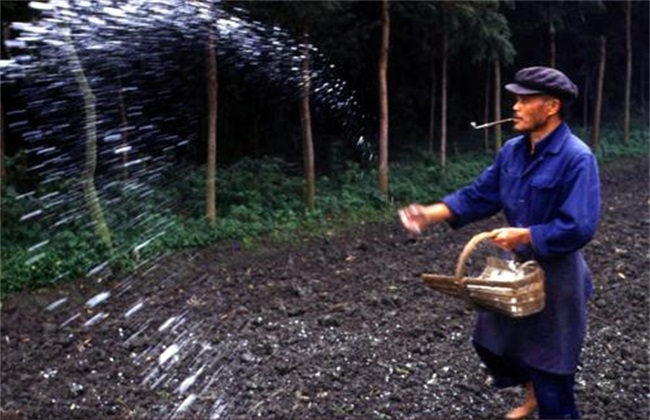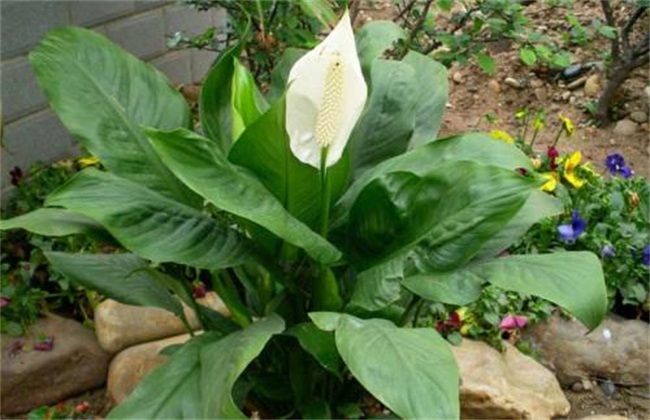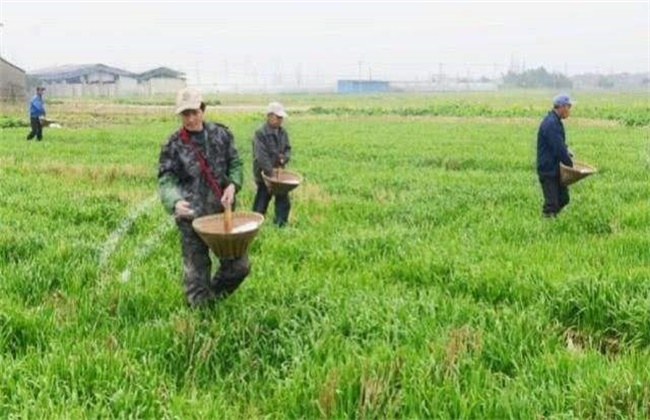Matters needing attention in the use of chemical fertilizer
Chemical fertilizer is the key fertilizer to improve crop yield when it is planted and produced. Fertilizer is very important for the growth of crops such as vegetables and grains. Therefore, many people will prepare sufficient fertilizer when planting and producing. However, when using fertilizer, there are still many places that need our attention. Today, Xiaobian brought you the precautions when using fertilizer. Let's take a look together!

1, urea should not be watered after application
Urea is one of the most common chemical fertilizers, and we should pay attention to not watering immediately after applying urea. Because urea is rapidly converted to ammonium when applied to soil, ammonium is susceptible to water washout. So not only can we not water urea after it is applied, but we can not apply it before heavy rain. When urea is applied, it can be mainly applied outside the root. It can avoid premature senescence of crops due to nitrogen deficiency in the middle and late stages of growth. At the same time, attention should be paid to controlling the dosage to avoid excessive fertilizer damage and root burning, and it should not be used as seed fertilizer.
2. Ammonium bicarbonate should be deeply applied
Ammonium bicarbonate is also a kind of chemical fertilizer. When we apply ammonium bicarbonate, we should apply it as deeply as possible. Because ammonium bicarbonate is not very stable, it is easily decomposed into ammonia and volatilized after application. And the higher the temperature, the faster it evaporates. Therefore, it is not suitable for use in greenhouses, nor can it be directly sprinkled on topsoil, but should be applied in furrows or holes. Then pay attention to the application of ammonium sulfate, because ammonium sulfate is an acidic fertilizer, so it can not be applied for a long time, otherwise it will lead to excessive acidity of the soil, the soil structure will be destroyed, and the growth of crops is also very unfavorable.
3. Nitrate nitrogen should not be used in rice fields
Ammonium nitrate and sodium nitrate and other nitrate-nitrogen fertilizers should not be applied to rice fields. Because nitrate nitrogen is easy to denitrification after it is applied to rice fields, resulting in nitrogen deficiency. In addition, it is not suitable for application in vegetable fields. Nitrate nitrogen in vegetable fields will lead to a large increase in nitrate content in vegetables, and after entering the human body, it is also easy to be reduced to nitrite, which is very unfavorable to human health. Then for some chlorine-containing fertilizers are not applied to saline-alkali land, otherwise it will lead to soil acidification and increase salt damage.
4. Precautions for phosphorus and potassium fertilizer application
When applying phosphate fertilizer, pay attention to not dispersing it. Because phosphorus is less mobile, crops are also difficult to absorb. So when we apply phosphate fertilizer, it is best to apply it as a base fertilizer. Concentrate it into the sowing ditch, preferably mixed with organic fertilizer and stacked for a period of time before application. Then there's potassium. Most crops have potassium in their lower leaves that can be transferred to the top for reuse. Therefore, we should apply potassium fertilizer at the seedling stage or the early stage of reproductive growth.
The above is a brief introduction to the matters needing attention when using fertilizer. Today's introduction is here, this article is for reference only, I hope to help everyone oh!
Related
- Fuxing push coffee new agricultural production and marketing class: lack of small-scale processing plants
- Jujube rice field leisure farm deep ploughing Yilan for five years to create a space for organic food and play
- Nongyu Farm-A trial of organic papaya for brave women with advanced technology
- Four points for attention in the prevention and control of diseases and insect pests of edible fungi
- How to add nutrient solution to Edible Fungi
- Is there any good way to control edible fungus mites?
- Open Inoculation Technology of Edible Fungi
- Is there any clever way to use fertilizer for edible fungus in winter?
- What agents are used to kill the pathogens of edible fungi in the mushroom shed?
- Rapid drying of Edible Fungi



